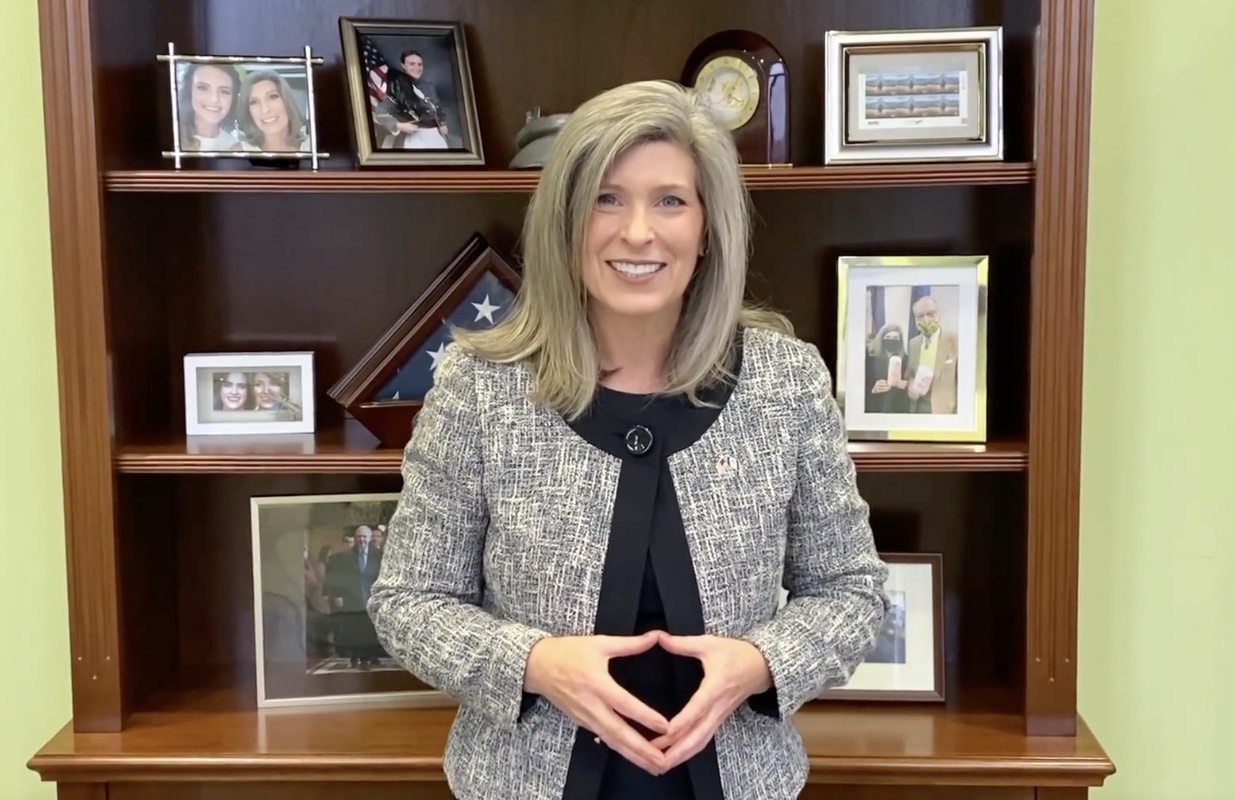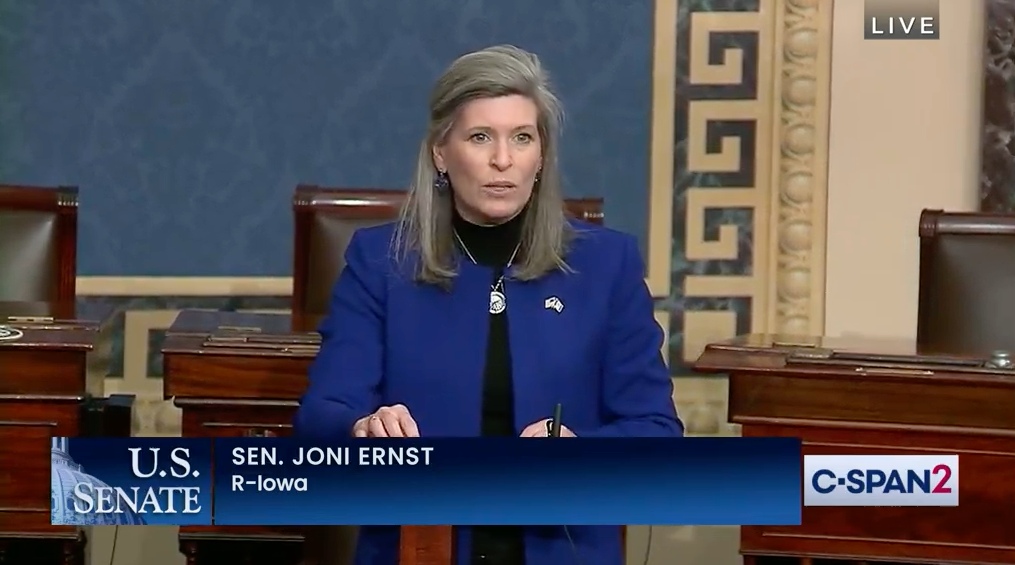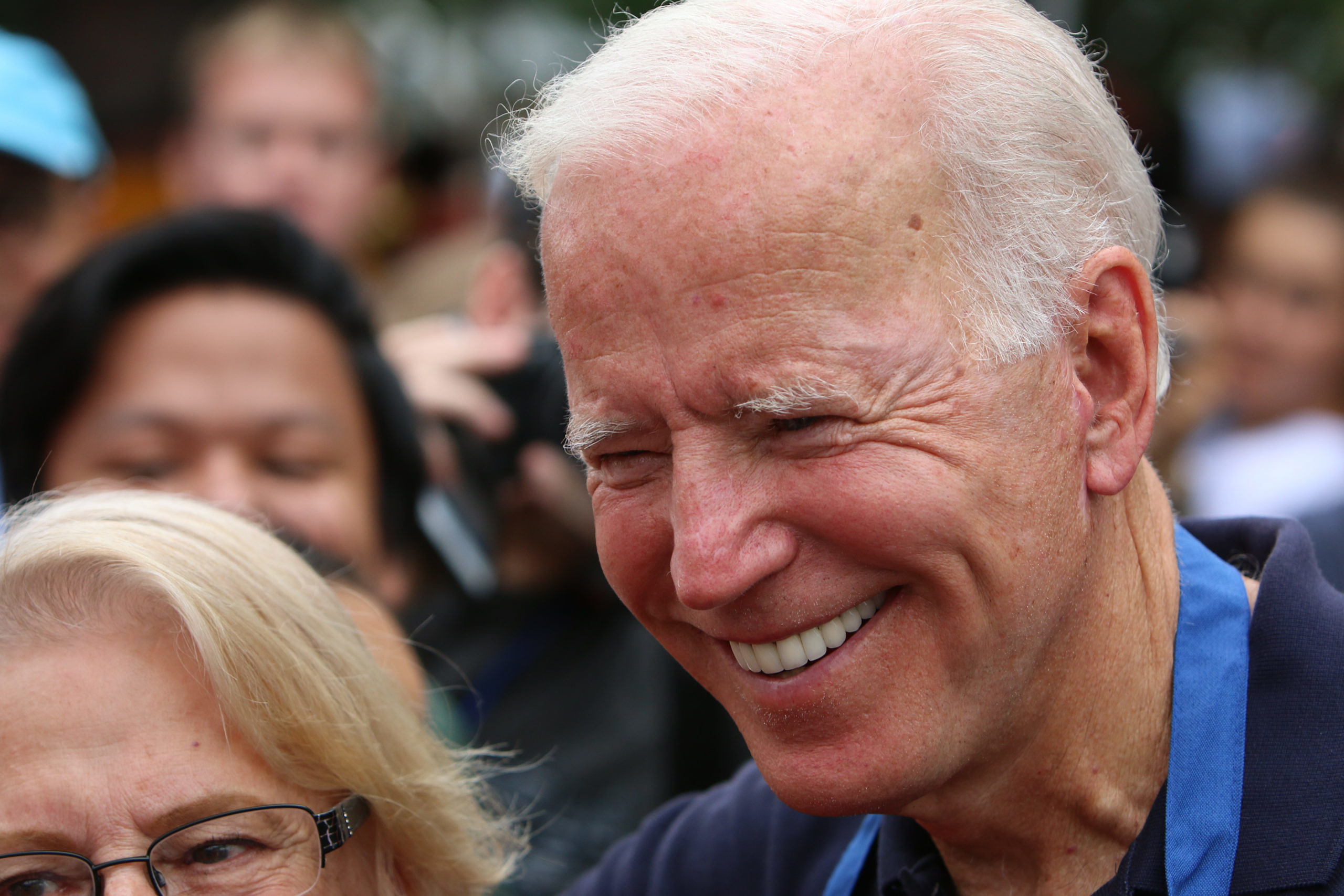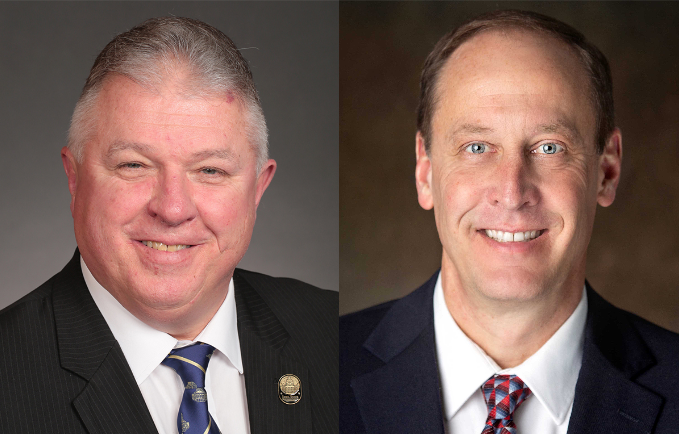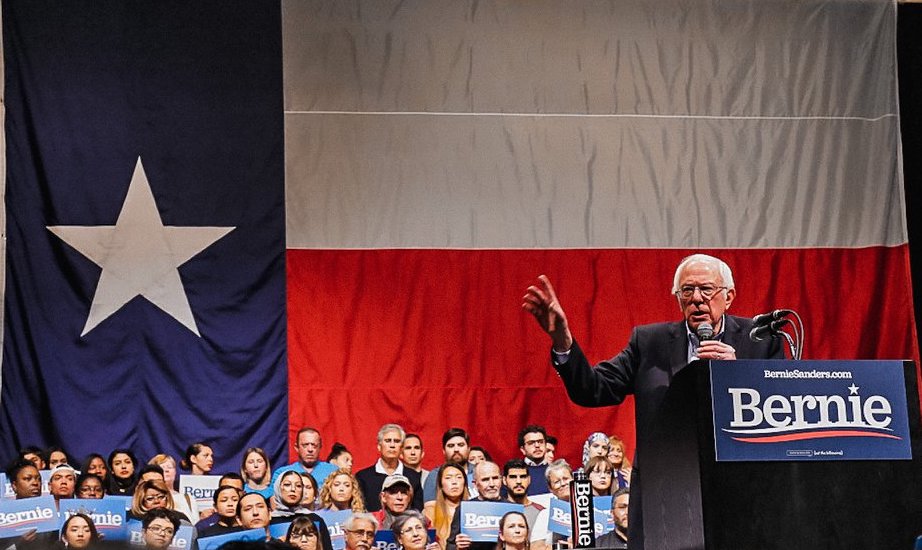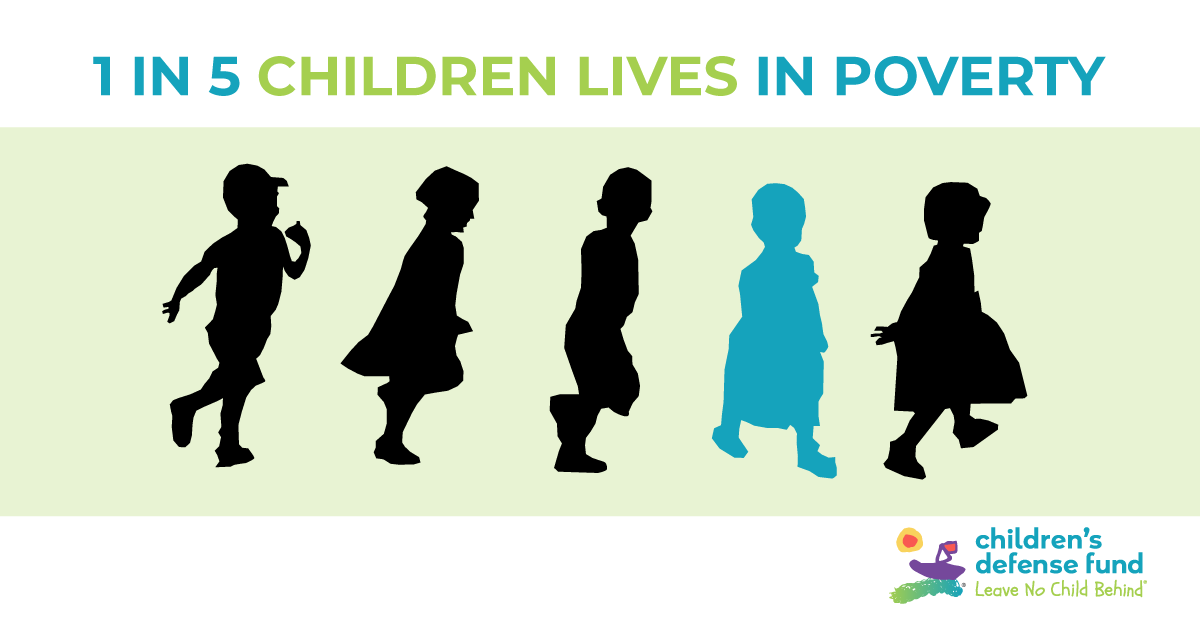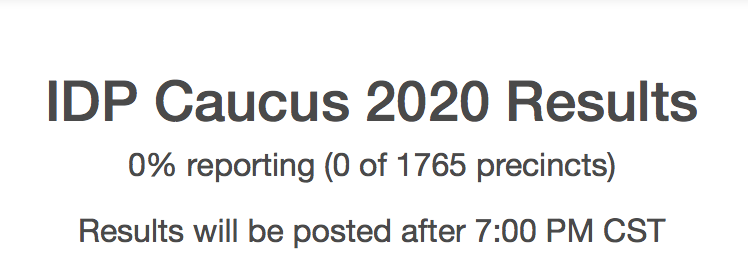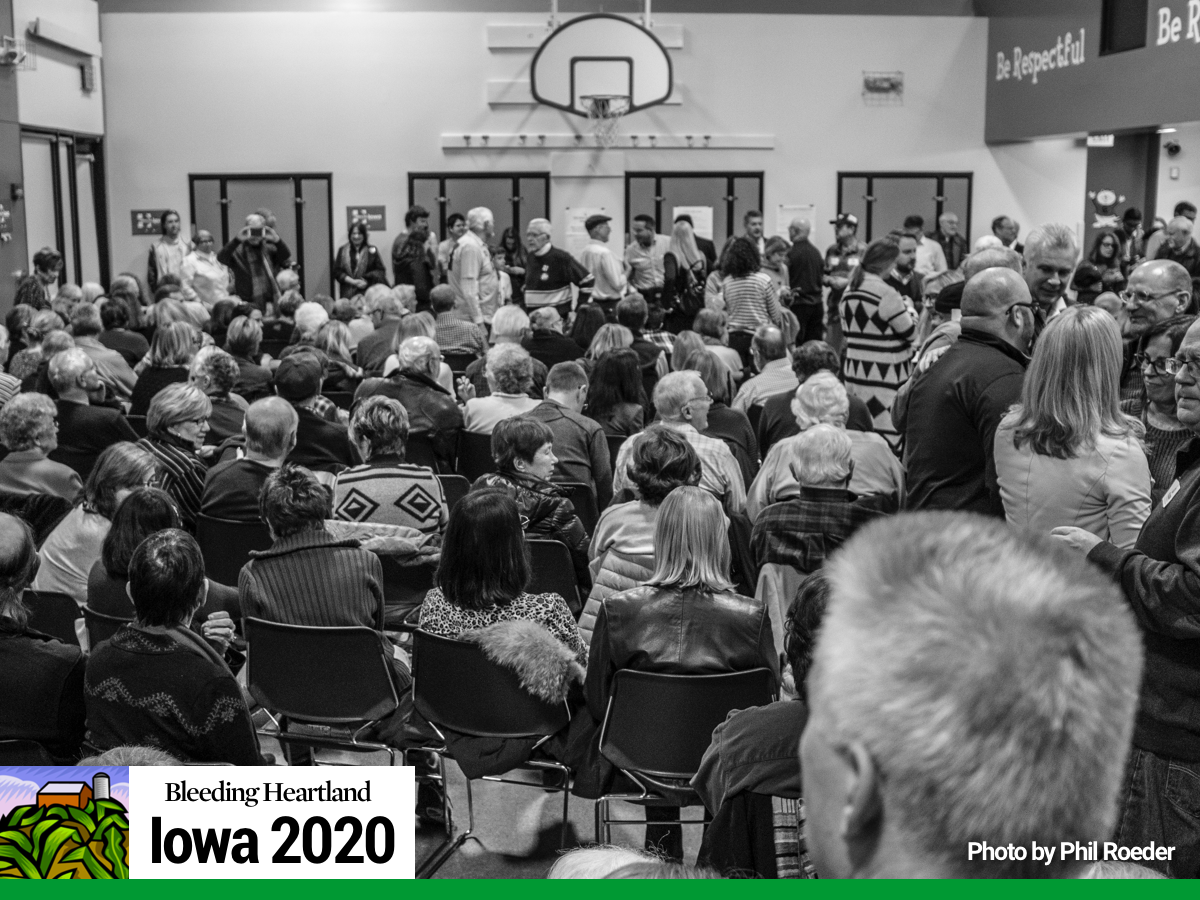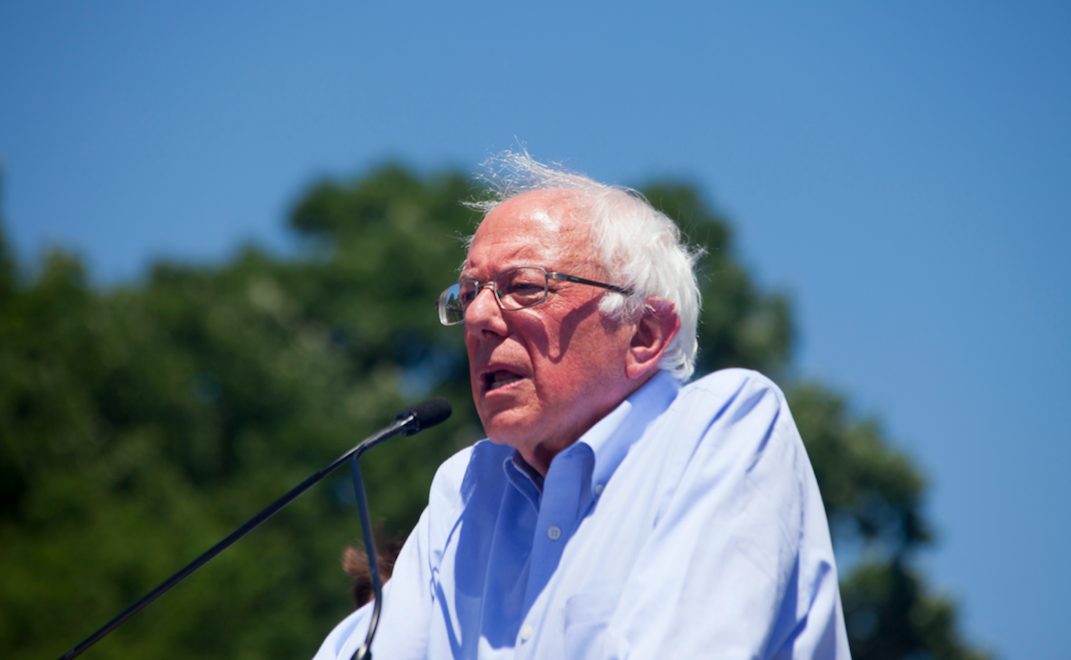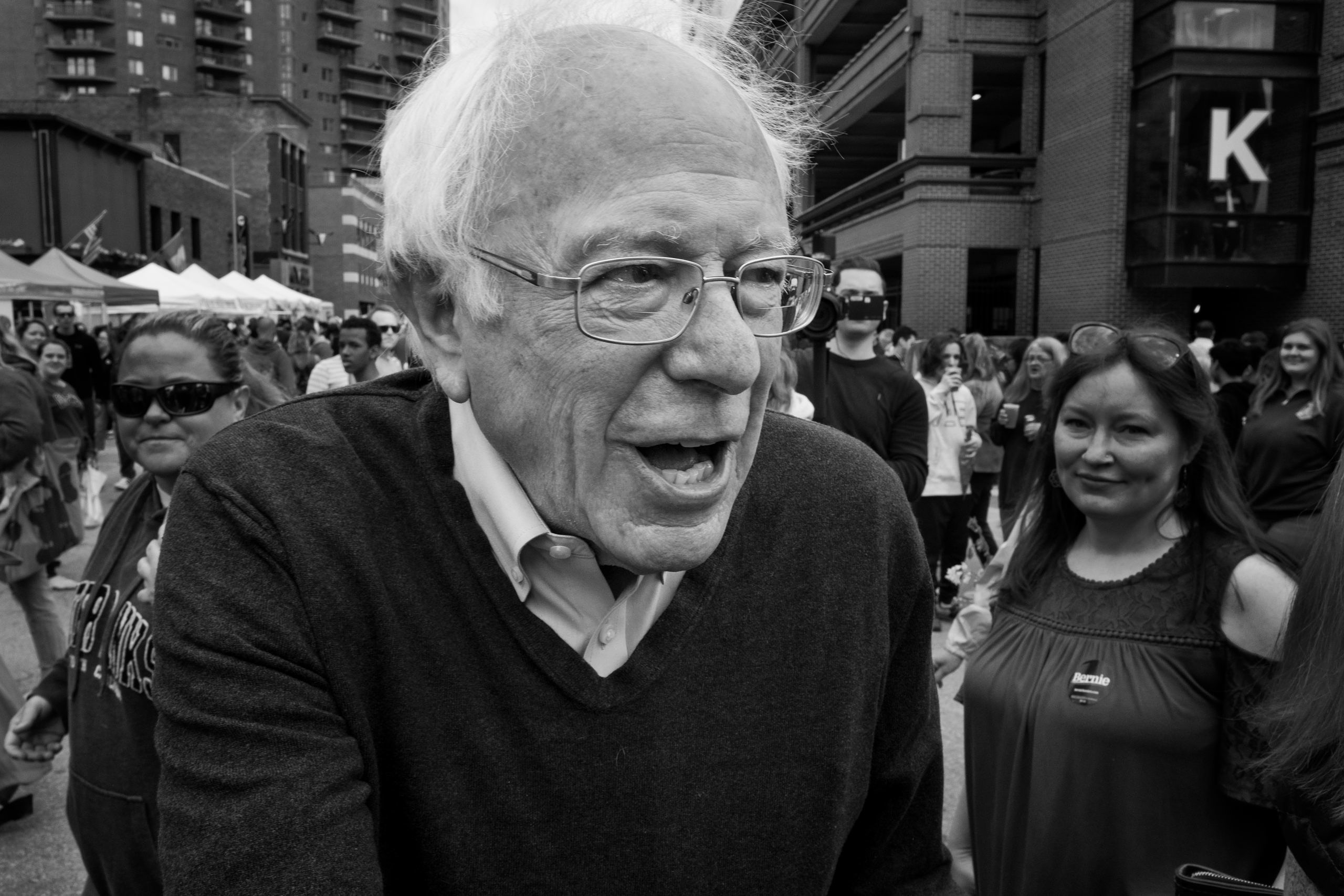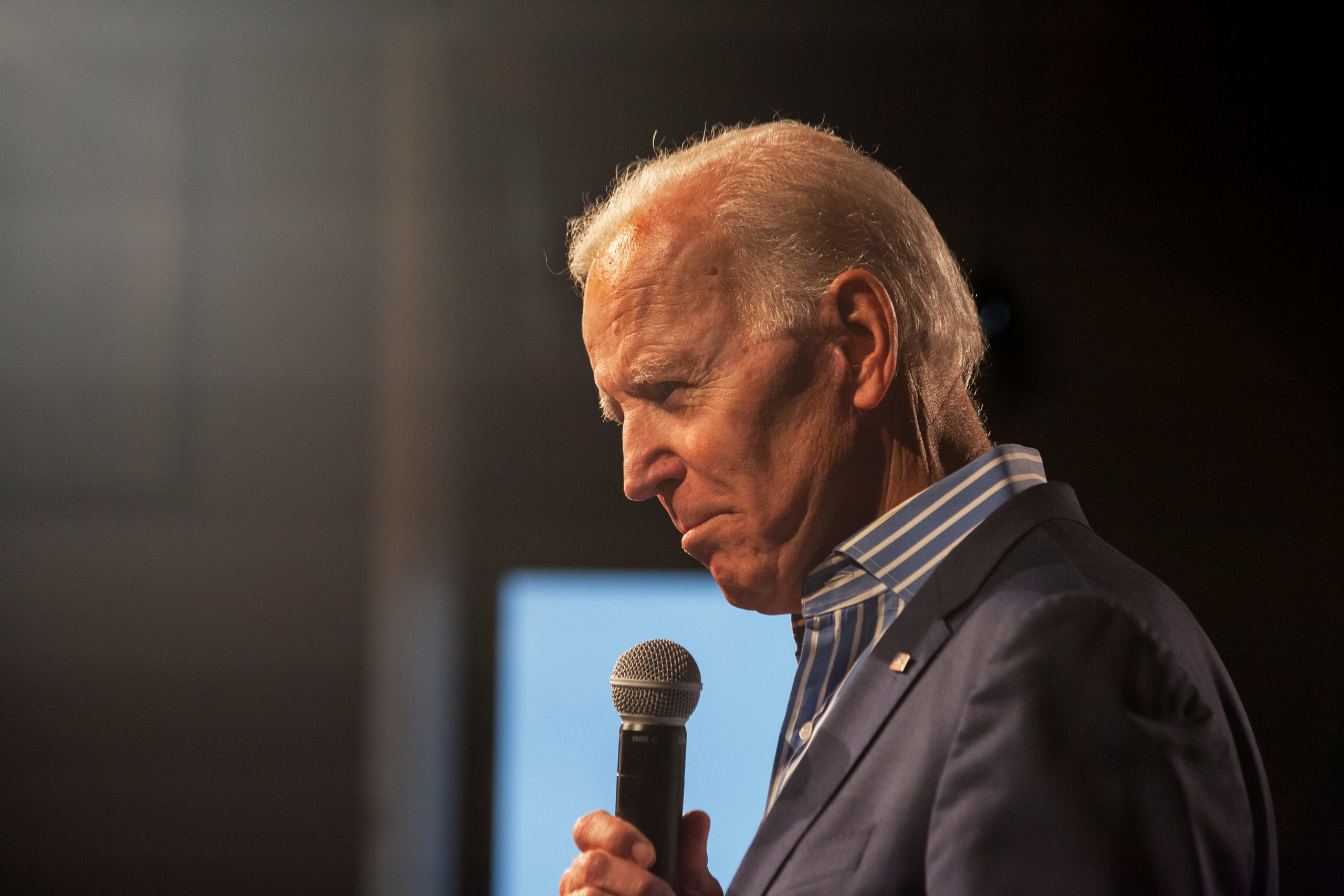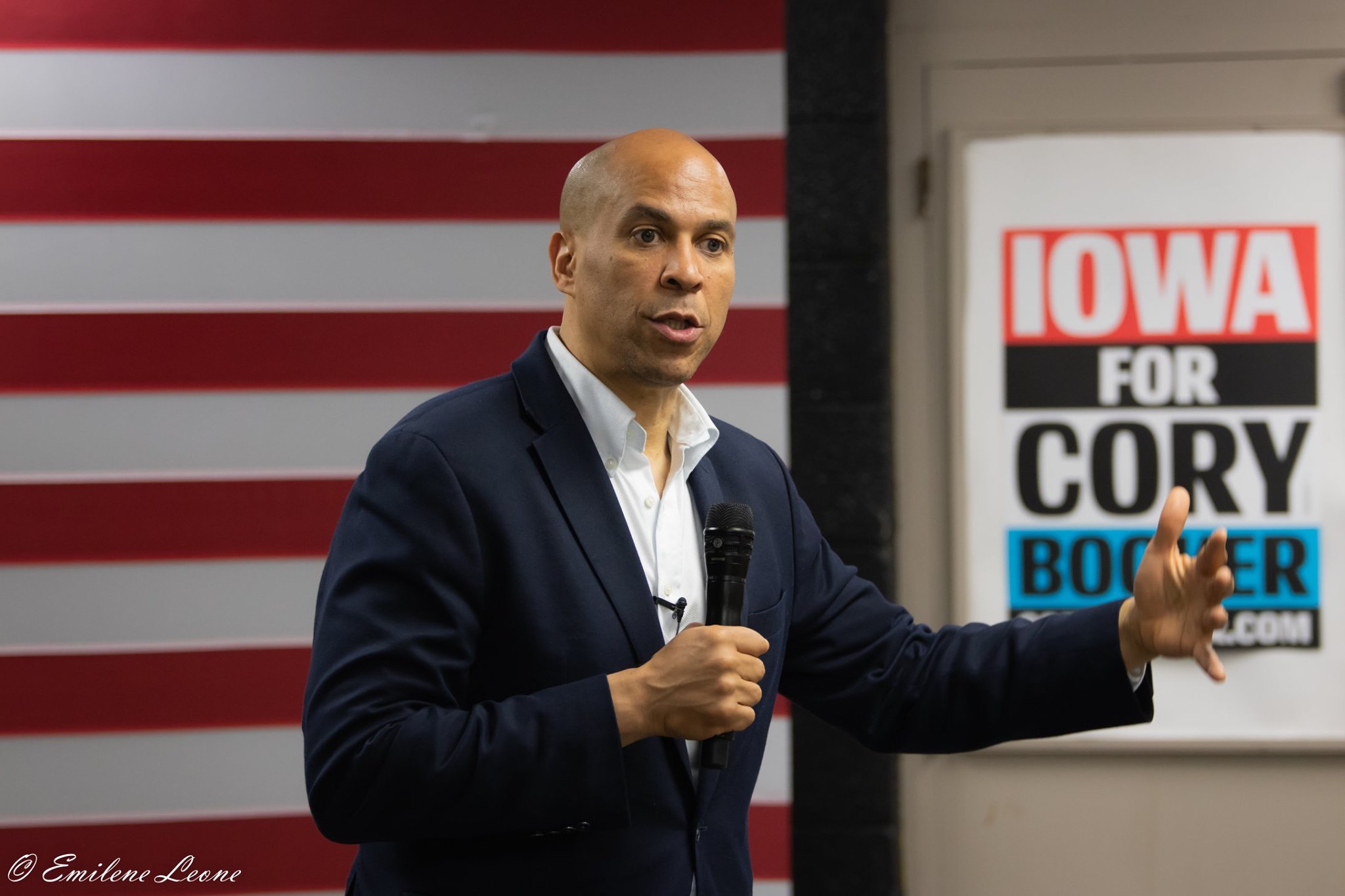UPDATE: The State Central Committee voted 26 to 14 on February 29 to certify results with no further corrections. This post discusses the debate and vote over certifying in depth.
The Iowa Democratic Party has updated official results from the February 3 caucuses again, following a recount of 23 precincts specified by the Bernie Sanders or Pete Buttigieg campaigns. The recount didn’t change the projected allocation of Iowa’s national delegates: fourteen for Buttigieg, twelve for Sanders, eight for Elizabeth Warren, six for Joe Biden, and one for Amy Klobuchar.
Revised delegate allocations in nineteen precincts left Buttigieg “ahead” of Sanders by 562.954 state delegate equivalents to 562.021, a small fraction of 1 percent of all delegates. It would be more meaningful to say Sanders and Buttigieg in effect tied on the delegate count, while Sanders had the largest number of supporters attending precinct caucuses.
Unfortunately, the recount didn’t address all the inaccuracies in the official results. Some of the errors scattered around the state affected neither Buttigieg nor Sanders. The Iowa Democratic Party has taken no steps to correct those mistakes, nor has it responded to Bleeding Heartland’s repeated questions about them.
Meanwhile, Zach Montellaro and Holly Otterbein reported for Politico on February 27 that the Sanders campaign will object to the revisions, on the grounds that Buttigieg should not have been able to ask for recounts of precincts where he was shortchanged.
Someone in this party needs to insist on accuracy for its own sake. Before some sixty members of the Iowa Democratic Party’s State Central Committee certify the caucus results at their February 29 meeting, they should insist on a broader review of the problems.
Continue Reading...


